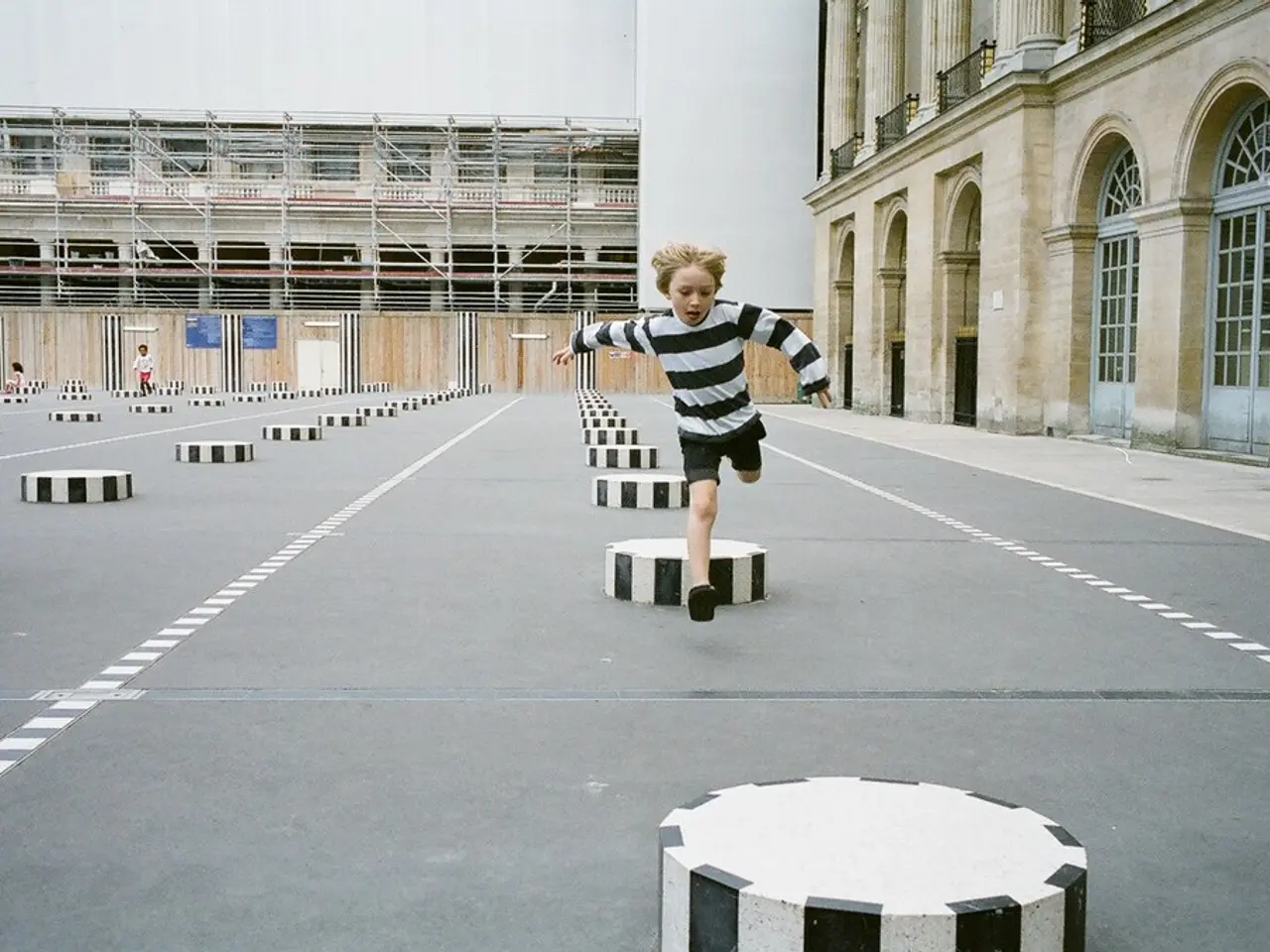Striking a balance between fixed schedules and unstructured play is crucial in managing the hectic back-to-school period
Published on August 21st, 2025, in Burlington, ON
Michael Savage, Professor of Educational Studies at Brock University, offers insights on preparing children for the upcoming school year. In a recent discussion, Savage emphasises the importance of striking a balance between drilling down on the fundamentals and engaging with one another to build a sense of community in the classroom.
Savage compares the re-introduction of routines to jumping into a cold pool when hot, suggesting it could be a shock to the system. For children with autism spectrum disorder or attention deficit hyperactivity disorder, a level of structure should be maintained at all times. However, for other children, Savage recommends balancing structured and unstructured play during the remaining summer days.
Toxic stress can build up during the summer and lead to educational and mental health issues, according to Savage. To counteract this, he suggests re-introducing September routines for children before the start of the school year. Gradually trying to roll back bedtimes and working on earlier wake-up routines can help ease this transition.
Savage also warns against taking an all-or-nothing approach to summer activities, suggesting a balance is important. Access to safe spaces for free play, arranging appropriate supervision, limiting screen time, and navigating financial barriers are important considerations when incorporating more free play.
Research cited by Savage shows that unstructured play for children is beneficial for problem-solving, social skills, and co-operative skills. Activities such as playing educational games, reading independently and as a family, and spending time socialising with school friends are recommended.
Moreover, Savage states that allowing students to have a say in what the structure looks like is beneficial from a psychological point of view. Students should be given a say in what the routines in the classroom look like for better buy-in and enforcement. This suggestion is particularly relevant for families who opted for a more unstructured summer.
Savage, with a background in education, clinical psychology, and experience as an elementary and secondary school teacher, stresses the proven benefits of a break in the summer for children and adolescents. Families should spend the remaining summer days engaging in unstructured play and building routines that will help children be successful in the classroom.
Read also:
- Construction fleet and urban transport emissions could see a significant reduction with the implementation of biogas as a game-changing solution.
- Fiercely battling for survival, a student hails from Ludwigsburg
- The State of American Democracy is Grave - Your Vote is the Lone Means to Resuscitate It.
- Political alliances or election-driven collaboration in Scottish education sector questioned




